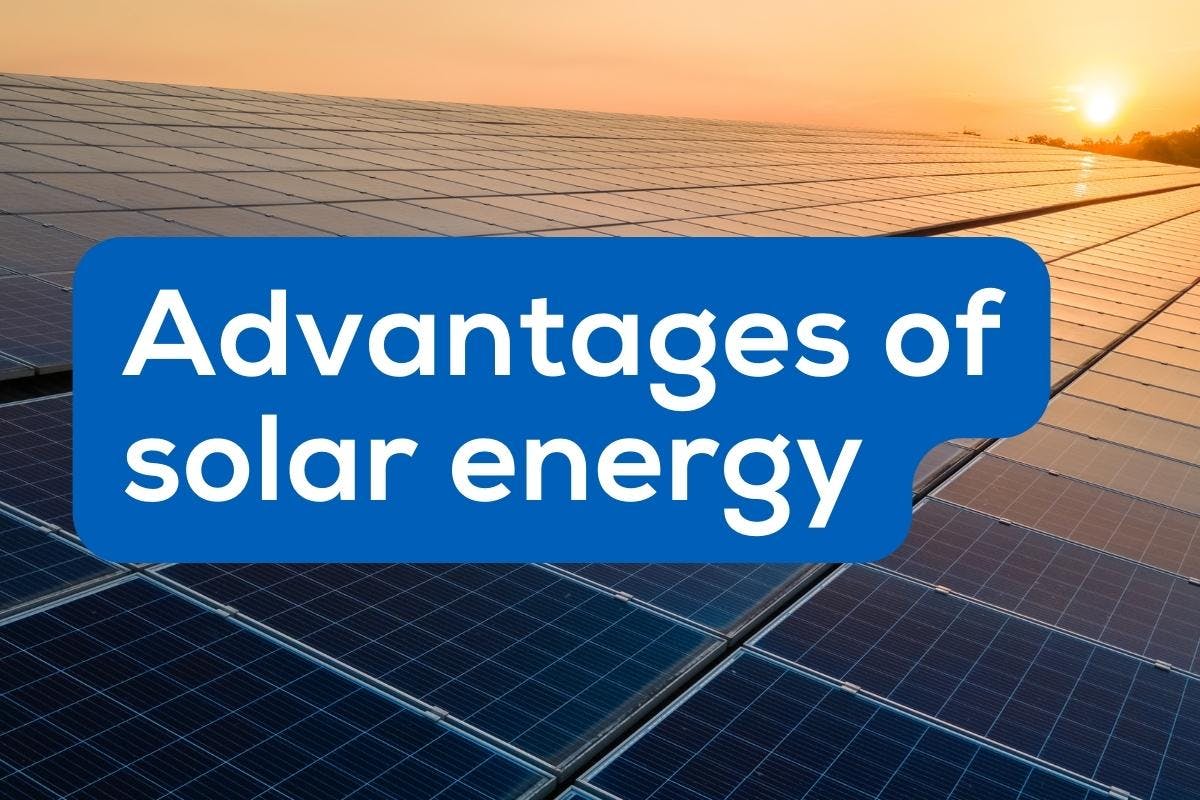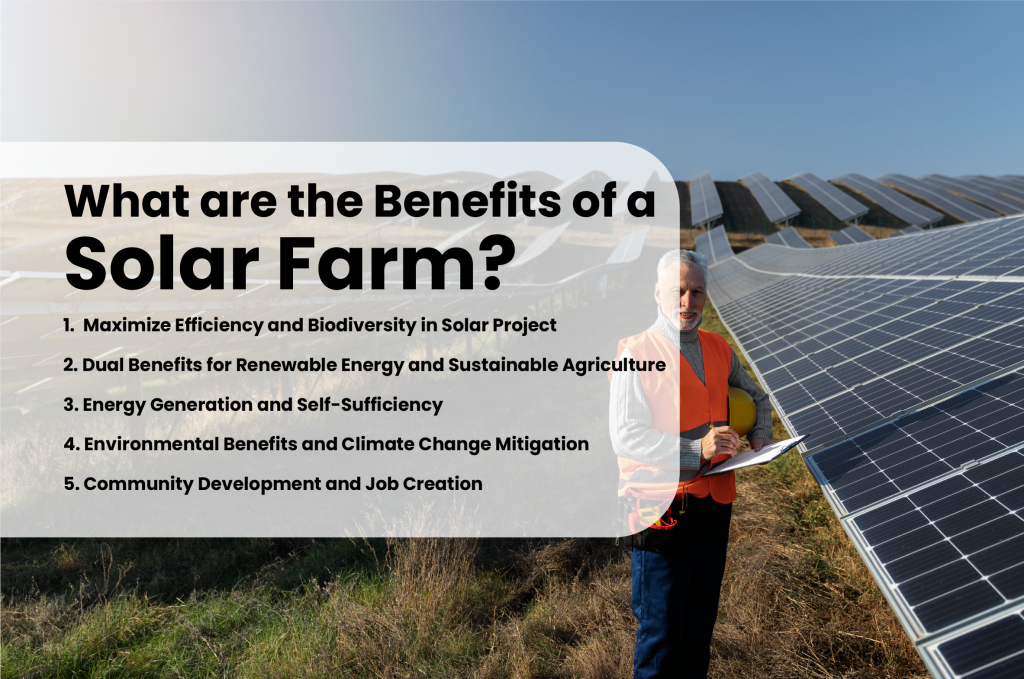Solar Power 101: A Beginner's Guide to Sustainable Energy Solutions
As the globe progressively changes towards sustainable power remedies, comprehending the principles of solar power becomes crucial for both individuals and companies. This guide provides a detailed overview of solar energy, detailing the various systems offered and the systems behind their operation. By exploring the advantages of solar technology, along with the economic rewards and setup procedures, one can gain a more clear point of view on just how to successfully integrate this renewable resource into their power approach. However, the journey toward embracing solar power welcomes additional exam of the obstacles and factors to consider that come with it.
Comprehending Solar Power
At its core, understanding solar power entails grasping the essential concepts of how sunlight can be transformed into functional electrical energy. Solar energy is obtained from the sun's radiation, which can be harnessed with various modern technologies.

Recognizing solar power additionally involves identifying its ecological advantages. By making use of sunshine, we can minimize greenhouse gas exhausts and lower air pollution, adding to a more lasting future. The innovations in modern technology and performance of planetary systems proceed to improve their stability, making solar power a progressively appealing option for global power demands.
Sorts Of Solar Power Equipments
Numerous kinds of solar power systems are commonly used to harness solar power for power generation. The key classifications consist of solar (PV) systems, concentrating solar power (CSP) systems, and solar thermal systems.
Photovoltaic or pv systems utilize solar panels made up of silicon cells that convert sunlight directly into electricity. These systems are versatile and can be set up on roofs, ground places, or integrated into building materials.
Concentrating Solar Power systems, on the other hand, employ mirrors or lenses to concentrate sunlight onto a little location, creating warmth that drives a heavy steam generator to generate electricity - Simply Solar Illinois. CSP systems are commonly released in massive nuclear power plant and need straight sunlight, making them less suitable for cloudy regions

Each sort of solar energy system has its one-of-a-kind features, applications, and viability relying on geographical place, power demands, and spending plan, making it important to evaluate alternatives based upon particular situations. - Simply Solar Illinois

Advantages of Solar Power
Utilizing solar power through different systems not only offers a sustainable way to produce electricity but additionally supplies a plethora of advantages. One of the most significant benefits is the decrease in greenhouse gas exhausts, contributing to a read the article cleaner atmosphere and combating climate adjustment. Solar power is sustainable, implying it is limitless and available YOURURL.com as long as the sunlight radiates, unlike fossil fuels, which are finite and diminishing.
In addition, solar power can result in substantial price financial savings gradually. House owners and companies can decrease their electricity costs dramatically, and oftentimes, they might make credit ratings for excess power created with web metering. Additionally, the solar industry develops jobs, from manufacturing to installment, boosting local economic situations.
An additional engaging benefit is energy independence. By creating their own electrical power, individuals and areas can minimize dependence on outside energy resources, improving strength versus changing energy costs and supply interruptions. Furthermore, solar power systems need very little maintenance, making them a hassle-free option for sustainable power generation.
Installation Refine Review
The setup process for solar power systems normally involves several essential actions that ensure reliable assimilation right into a residential or commercial property. A thorough site assessment is performed to review the roofing system's alignment, shielding, and architectural honesty, which are crucial to enhancing solar panel performance. Following this assessment, the design phase starts, where a customized solar energy system is set up based upon the home owner's power requirements and preferences.
When the design is completed, the necessary permits and authorizations are gotten from regional authorities, making sure compliance with policies. The actual installation entails installing the solar panels on the roofing system or ground, connecting them to an inverter, and integrating the system with the residential property's electrical setup. This stage might also involve mounting battery storage systems, depending on the design.
With the setup complete, the solar power like it system can start generating renewable energy, contributing to sustainability and minimizing energy expenses. This structured strategy makes sure that solar systems are both effective and trustworthy, maximizing their long-lasting advantages.
Financial Incentives and Financial Savings
Exploring the economic rewards and savings connected with solar energy systems can substantially enhance the appeal of making the button to eco-friendly energy. One of the most noteworthy rewards is the federal solar tax credit score, which permits house owners to deduct a portion of their solar system setup costs from their government tax obligations.
In enhancement to tax obligation credit histories, numerous states provide rebates that can further decrease in advance costs. Some utility firms additionally supply performance-based rewards, gratifying solar energy manufacturing with time. Funding choices, such as solar fundings and leases, enable consumers to install systems with little to no deposit, making solar power much more obtainable.

In addition, solar systems can raise property values, providing a strong return on financial investment. In general, the combination of rewards and cost savings makes solar energy an economically appealing selection for many households.
Conclusion
In conclusion, solar power represents a vital component of sustainable energy options, giving a path towards minimized carbon impacts and boosted environmental management. The varied kinds of solar energy systems, paired with substantial economic motivations, help with more comprehensive fostering amongst people and areas. Recognizing the setup processes and advantages connected with solar power equips stakeholders to make enlightened decisions. Ultimately, the transition to solar power not just cultivates ecological responsibility yet likewise advertises financial financial savings and power self-reliance.